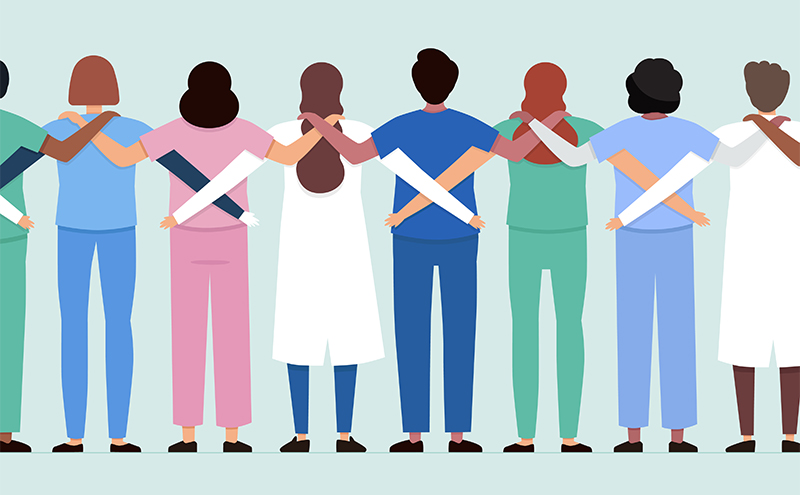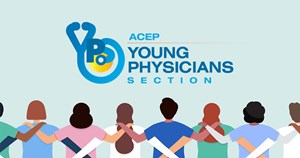
June 19, 2019
Variability in Starting an Academic vs. Community Job
By Jessica Best, MD
I transitioned from residency into a fellowship. During my fellowship, I was also moonlighting with several large EM groups. Now I’m working in the community. Here are some of the differences I found:
- Credentialing: On the whole, my academic credentialing took 3-4 times longer than my community sites. If you are getting worried about having your academic job start on time, consider picking up a moonlighting job to ensure you will have money when you finish residency.
- EMR training: Every job I have had made you come in for EMR training. Some could be extensive, others were just a brief meeting. Make sure you are comfortable with the EMR before your first shift as this can slow you down and be very frustrating if you do not know how to do something simple. I have worked at various places that have residents (academic) or scribes(community), and despite them doing most of your documentation, you want to be able to review and edit notes because you never know what someone else may write.
- Shadowing before your first shift: This was variable – some of the sites had me come in to shadow, and I could stay if I felt I needed. Most were unpaid. I could see patients and practice using the EMR and calling consults/admits. Some community groups may pay you for your shadow shifts.
- Consults and admitting: Working at an academic center is by far the easiest when it comes to having to call consultations and hospitalists. The resident will take care of the calls, and you never have to worry about calling the right group. In the community, I have worked at places that have at least three admitting groups, several consult groups for one specialty. I have and still do call the wrong admitting group; this will happen, and it’s okay. It will be most frustrating because you will be busy and don’t have time to waste on the phone. Keep cheat sheets and make sure to always ask patients who their PCP is and the names of all of their specialists right when you greet them so you don’t have to run and find it later.
- Sick Call: You may find in an academic job, you actually have an on-call physician. This makes life a bit less stressful if you have an emergency and need to call in last minute. Every community job I have had thus far does not have a backup call system. If people are sick or have a family emergency, the group is usually scrambling at the last minute to cover the shift.
Good luck with starting your new career!



